
Politics & Society
Maybe just think about who’s carrying the mental load at Christmas
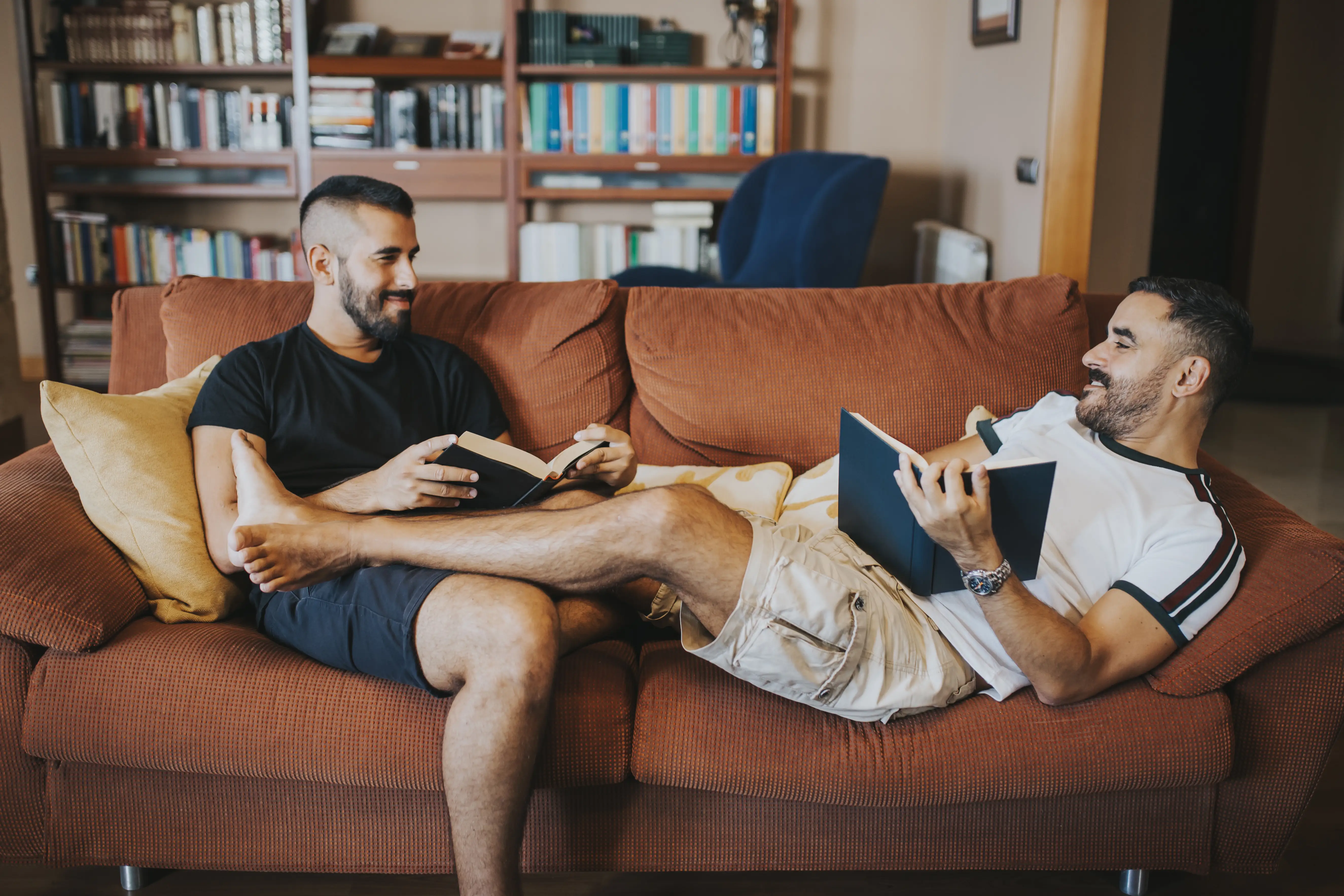
Part Two of the books, podcasts, TV series, poems, footy matches and more that inspired us in 2024
Published 6 January 2025
In Part Two of this series, we explore what some of the University of Melbourne’s academics and researchers were watching, reading or listening to in 2024 that gave them unexpected insights, new ways of thinking or a sanctuary in troubled times.
From podcasts about the mental load women carry to Auskick footy games and the lessons chicken nuggets can teach us about change – this list has a bit of something for everyone. Enjoy.
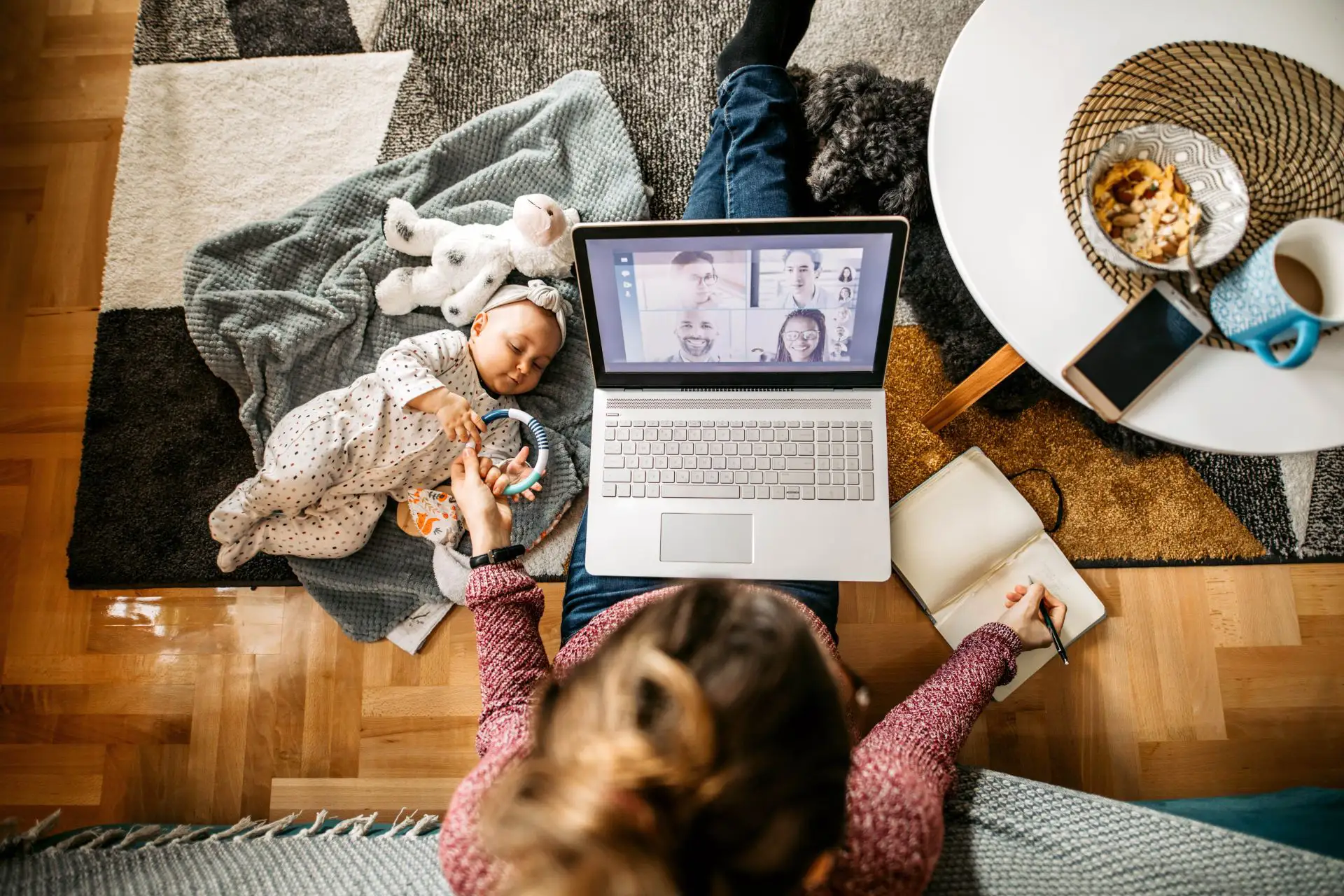
I listened to: Women are burn-out by their mental loads and overwhelmed by a constant unrelenting stream of demands.
How do I know? Well, I have spent decades doing the research. But, over the years, I keep wondering – does everyone understand how these pieces fit together?
To help fill in this gap, I launched a new podcast called MissPerceived that unpacks the most up-to-date research in short, sharp bites to help the world decipher fact from fiction.
By discussing gender myths, like "can women actually multitask?" to "are men, in fact, dirtblind?" and "what is the mental load anyway?", I started to see something really interesting happen. Women, many for the first time ever, felt validated in their experiences and were armed with the facts to enter the world.

Politics & Society
Maybe just think about who’s carrying the mental load at Christmas
The result? Our podcast is climbing in the charts and cracking the top 25 in Australia with good-old fashioned research. And women are dropping some of the mental load and burnout as a result.
Win, win, win.
I read: One of the most powerful books I read this year was the memoir, Because I’m Not Myself, You See.
Ariane Beeston, an Australian child protection worker and newly registered psychologist, welcomes her first child, but soon finds herself battling frightening delusions and hallucinations.
She hides the true extent of her experiences hidden out of fear and shame. However, as her condition deteriorates, Ariane is eventually admitted to a mother and baby psychiatric unit, where she must confront the challenge of becoming a patient herself.
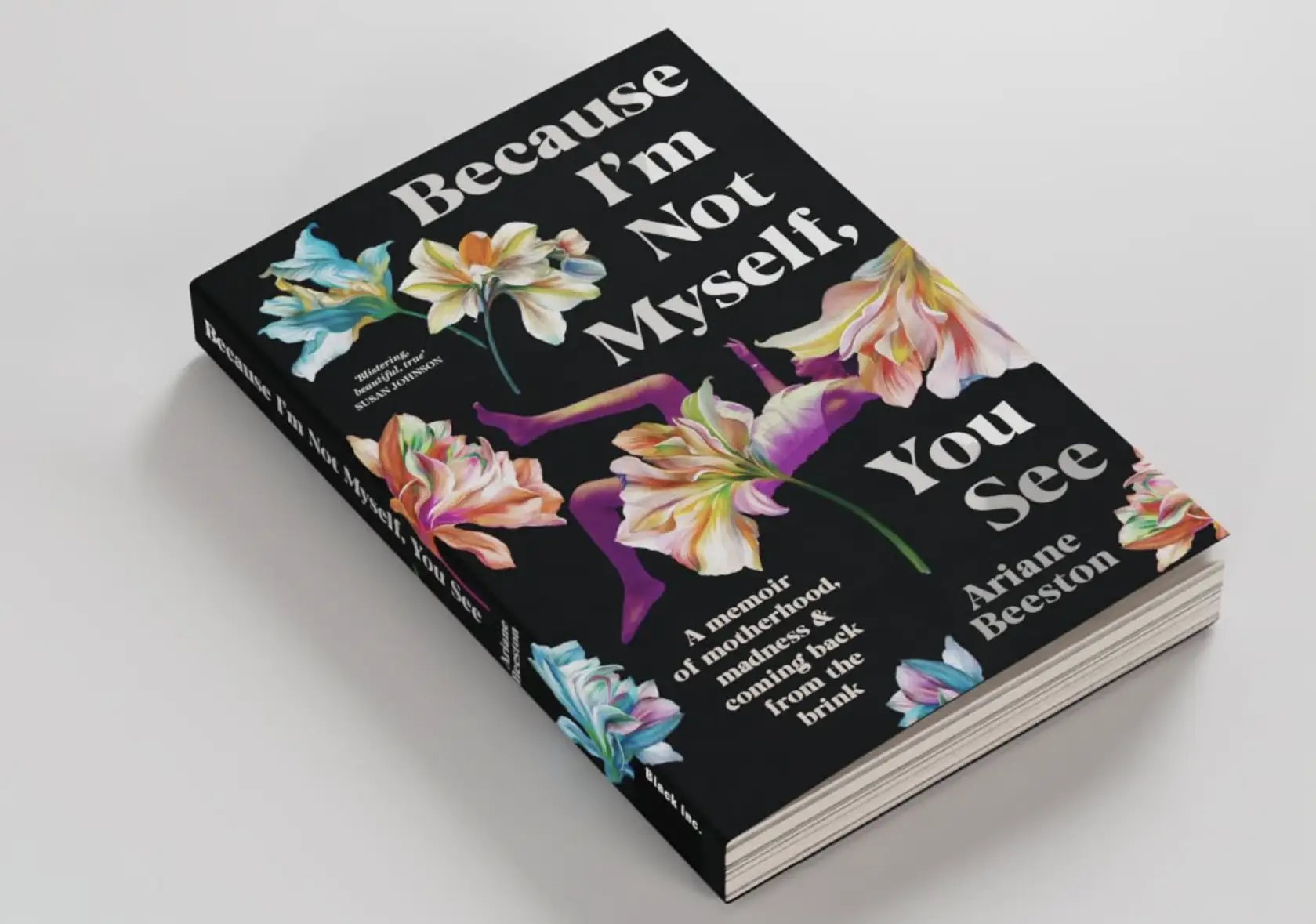
With the help of medication, her husband’s support, therapy and time, Ariane gradually rebuilds her life. This leads her to begin working in perinatal mental health, helping other new mothers.
I had the pleasure of interviewing Ariane on my podcast, Novel Feelings. She spoke with candour about her experience with postnatal psychosis, and the role of stigma in disclosing her lived experience as a mental health professional herself.
Ariane also introduced us to the concept of ‘matrescence’ – the transition to motherhood.
This memoir was a powerful reminder to me, as a mental health researcher and registered psychologist, that anybody can be affected by complex mental health issues – but recovery is possible.

Health & Medicine
Overcoming stigma by connecting with lived experience
I listened to: Listening to an episode of the Money Stuff podcast on what the chicken industry can teach us about financial markets, I learned that prominent investment manager, Roy Dalio, had a hand in the success of McDonald’s Chicken McNuggets.
The story prompted me to do some more research, turning up pieces from CNBC to Dalio’s own book that tell the story. And it’s a great story.
Back of the Envelope, a blog on crypto incentive alignment and mechanism design, explains what happened: McDonalds invented Chicken McNuggets but were hesitant to launch the product given concerns about the volatility of poultry prices.
Dalio, founder of the investment firm Bridgewater, looked at the problem differently and recognised that McDonald’s could hedge volatility in poultry prices by buying futures contracts for what chickens eat – corn and soya beans.
That solved the problem – a cultural icon hit the market.

The story tapped into a question I spend a lot of time thinking about. How can we employ a solutions orientation and financial innovation to solve social and environmental challenges? It can be done.
The Immunisation Finance Fund, established under the vaccine alliance, GAVI, has raised over US$1 billion in bonds to accelerate delivery of vaccines against preventable disease for more than one billion more children in 78 countries since 2000.
This has averted more than 18.8 million deaths and delivered more than US$250 billion in economic benefits.
There is potential for so much more of this approach to be applied to our most pressing problems.
The G20 2024 Leaders’ Declaration reiterated ‘the need for rapidly and substantially scaling up climate finance from billions to trillions from all sources’.

Business & Economics
People or planet? We must invest in both for a sustainable future
The same breaking down of problems into component parts, asking ‘what can we do?’ and bringing known mechanisms together in new combinations.
The International Standards Organization and United Nations Development Programme guidelines call out that as much as the private sector is a necessary actor for achievement of global sustainable development goals, the private sector also needs progress to be made on sustainability for it to survive and thrive.
Eminent economists including American businessman and professor at Harvard Business School Michael Porter have called out that the future of markets depends on generating economic value in a way that also produces value for society by addressing its challenges.
What we can do for McNuggets, surely we can do to end poverty, tackle climate change and invest in a more resilient and prosperous future.
If not now, then when?
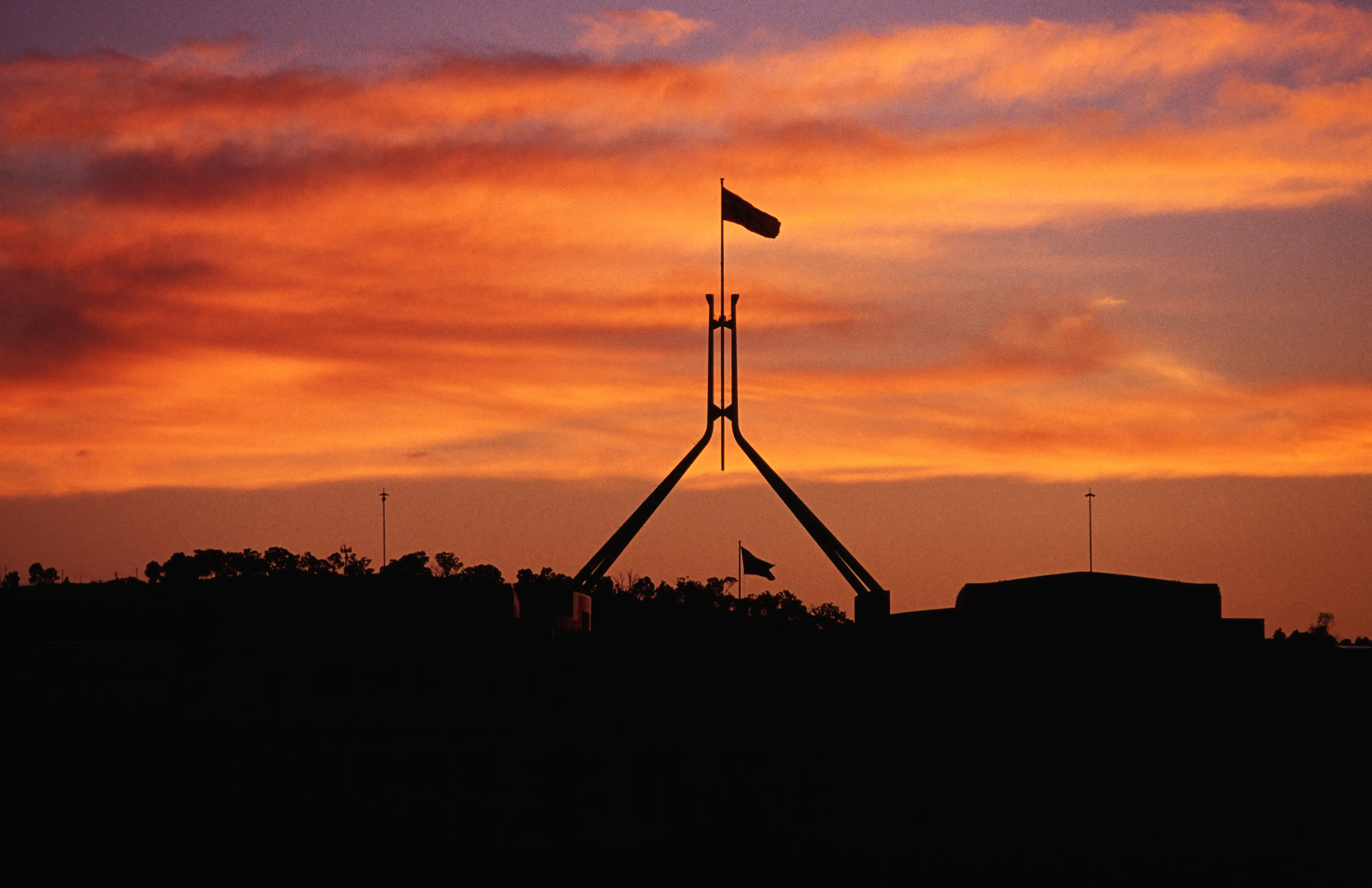
I read: The most important thing I read in 2024 has not been published.
Greg Smith, former head of the budget and revenue group in Commonwealth Treasury, wrote an essay, ‘The Australian State in the 21st Century’, to spark grassroots, big-picture, non-partisan conversation about our national readiness to confront the challenges of this century and beyond.
Smith is one of the few people who are looking at Australia holistically.
He begins his essay with a powerful observation: we are already a quarter of the way through this century, and all being well, today’s young Australian children will live to see the 22nd century.
Smith describes the big shifts in politics and public policy over the past 100 years. A system of post-depression ‘ordo-liberalism’ (the term used in Germany to mean the philosophy of the mixed economy) gave way to ‘neo-liberalism’ – the idea that the state was the problem not the solution.

Business & Economics
Money may make the world go round, but what is it exactly?
Privatisation, dismantling of industry and housing policies, outsourcing and deregulation were among the many changes. Australia was among the most strongly influenced.
He concludes that neo-liberalism has weakened the Australian state to such an extent that we are not ‘match fit’ for the coming challenges.
He calls for generational leadership change and urgent efforts to strengthen our democracy.
I watched: I have been a mad Geelong Cats supporter since I was a kid and still go to as many of their games as I can.
But the most thrilling AFL football match I saw this year – and possibly ever – was when the North Melbourne Kangaroos played the Gold Coast Suns at Marvel Stadium on 6 July.
While I had no interest whatsoever in this game between the hopeless Kangaroos, who finished second last on the ladder, and the disappointing Suns, who finished thirteenth, at halftime – my six-year-old grandson, Max, played his first Auskick game.
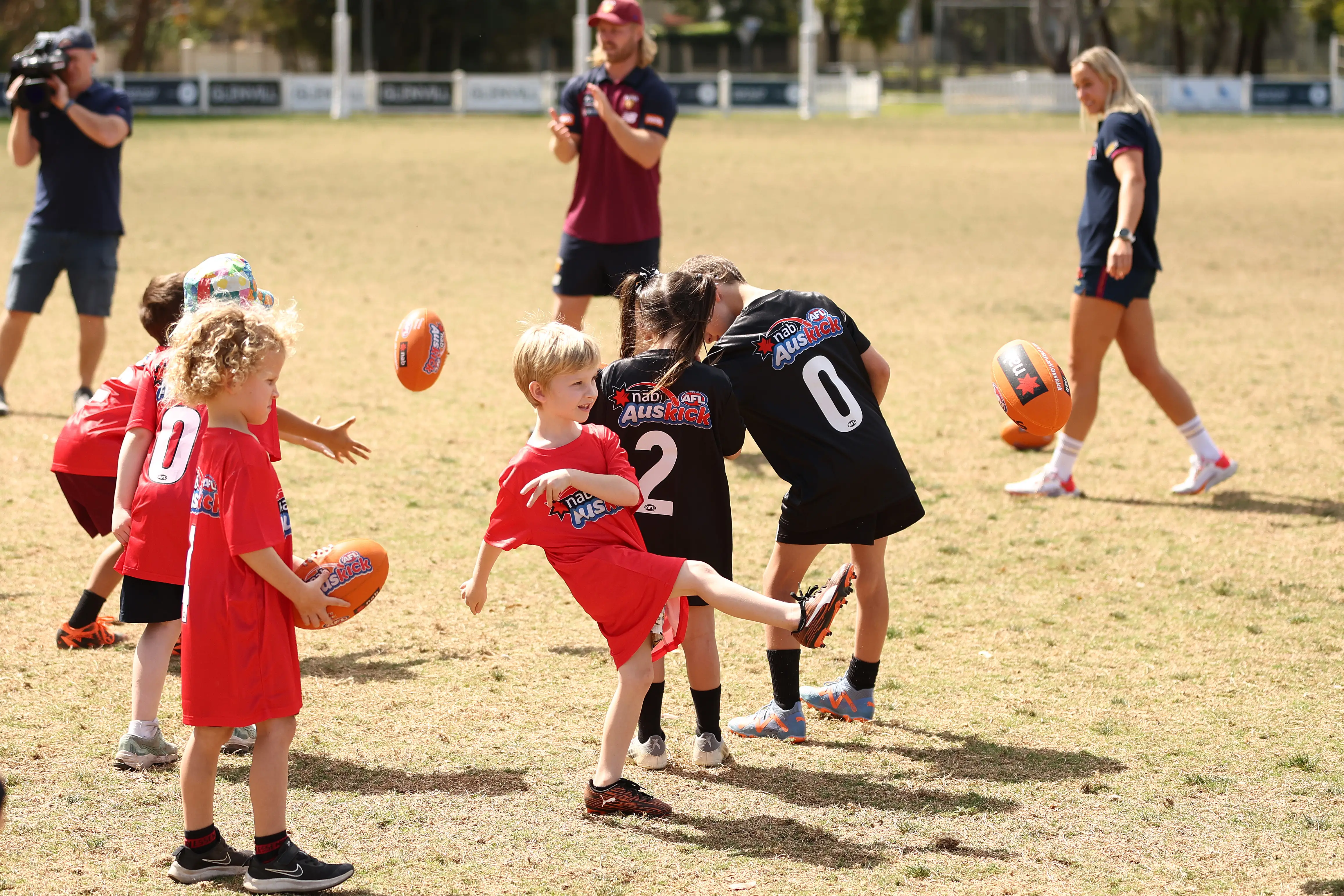
What a tremendous thrill for the little fellow to play on a big AFL ground before 18,000 people – and also for me to be there to watch him.
Max did a great job, charging up and down the ground chasing the ball and getting four or five kicks, including one absolute beauty. The Cats’ talent scout, Stephen Wells, would do well to remember the name Max Groves in a few years’ time.
I read: Pollution is Colonialism, by Max Liboiron was published in 2021. I first encountered Max Liboiron’s work on Twitter, where they were partnering with another Indigenous academic to produce what they called a ‘collabrary’.
This is a way of generously reading scholarship as a conversation with the authors, rather than as a form of knowledge extraction to support one’s own work.
Liboiron embeds this approach in their book, in which even the footnotes are widely recognised as must-read sections, written in an engaging, conversational, yet still rigorous and incisive style.

Pollution is Colonialism deserves to be a classic of scholarly writing. It’s a relatively short book, but one that will reward many re-readings.
By re-casting pollution as relationships, Liboiron demonstrates the violence of dominant colonial science in enabling damage (by seeking to precisely determine the maximum limits of ‘acceptable’ damage) and provides a way of understanding multiscalar harms.
Liboiron’s work demonstrates the importance of specific relationships – between researcher and researched, between people and place and, of course, between people and people.
They eschew universalism and instead emphasise the ethic of incommensurability, finding joy and meaning in important differences.
Liboiron’s book is a call to action for every researcher: to identify the relations that matter to each of us, and to honour these relations with reciprocity and care.
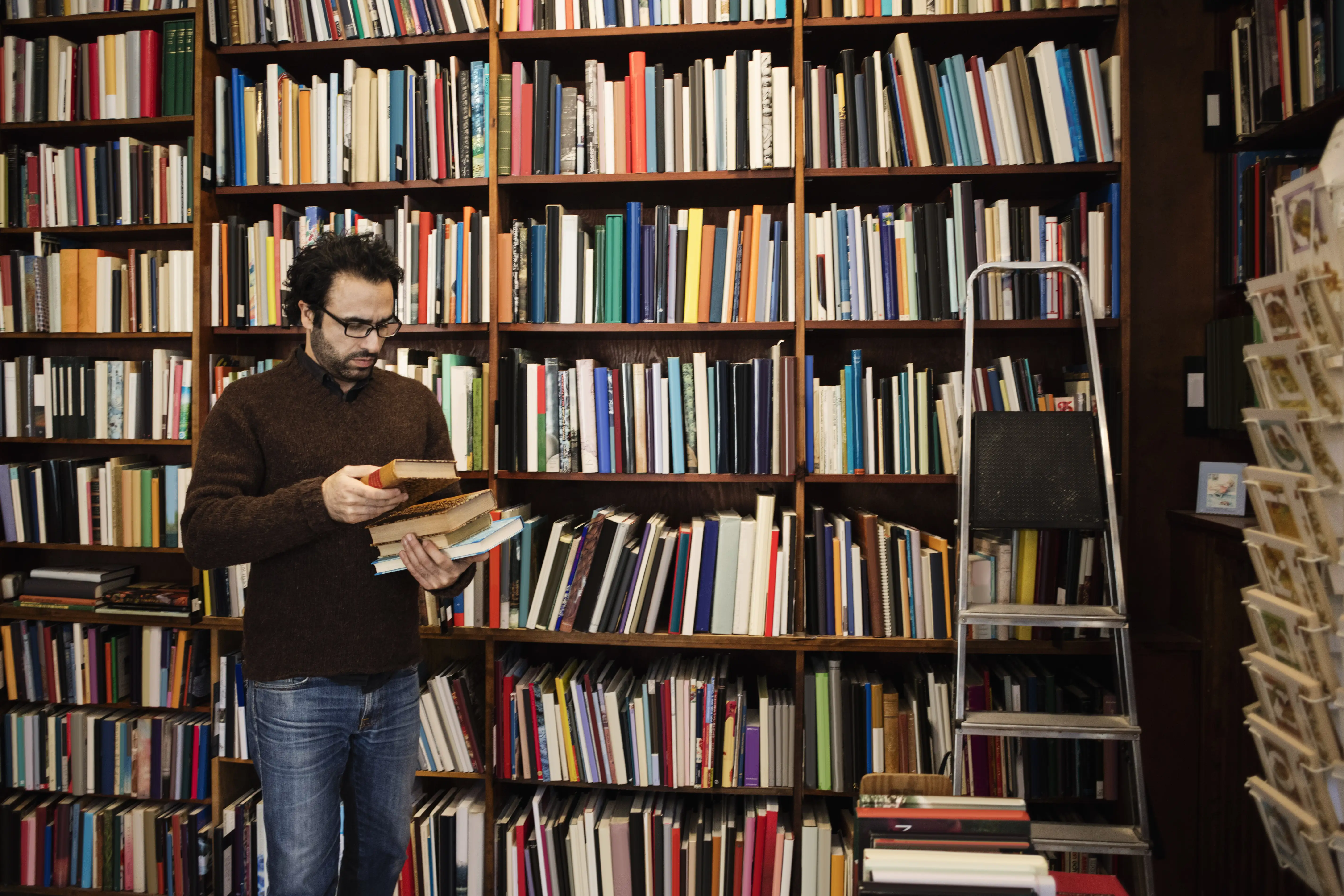
I read: I love libraries. I love finding something amazing in an aisle I wasn’t planning on walking down.
As Chinese linguist and novelist Lin Yutang said, “there is a greater pleasure in picking up a small pearl in an ash-can than in looking at a large one in a jeweller’s window.”
And so it came to pass that I stumbled upon Room to Dream, an auto/biography of writer and director David Lynch, down at Northcote Library.
The chapters alternate between third-person accounts by journalist Kristine McKenna and personal responses, recollections and reflections by the man himself, Lynch.
I wouldn’t really call myself a Lynch fan. I watched and enjoyed Twin Peaks as a kid but was also traumatised by the creepy character, Bob. I’ve seen Mulholland Drive and the unheralded but spectacularly offbeat short film, What Did Jack Do?.
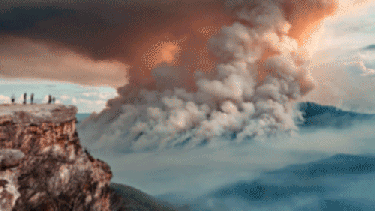
Sciences & Technology
Climate change is supercharging the world’s wildfires
But a deeper connection came from Lynch’s short book Catching the Big Fish: Meditation, Consciousness and Creativity, featuring quotes from The Beatles.
Room to Dream beautifully captures Lynch and his singular vision, seemingly equal parts conviction, openness and a brazen mainlining of the unconscious at the expense of ‘rational’ thought.
I don’t know what this has to do with being a scientist, but I’m determined to find out.
I read: As a piece of investigative reporting, What Guantánamo made of them published by Die Zeit in Germany by journalists Bastian Berbner and John Goetz deserved its European Press Prize.
In the long-form journalism, we meet ‘Mister X’, a torturer at the US prison in Guantánamo, and his victim, Mauritanian engineer, Mohamedou Slahi.
Slahi has since become world-famous as a central character in the film The Mauritanian, starring Jodie Foster and Benedict Cumberbatch.
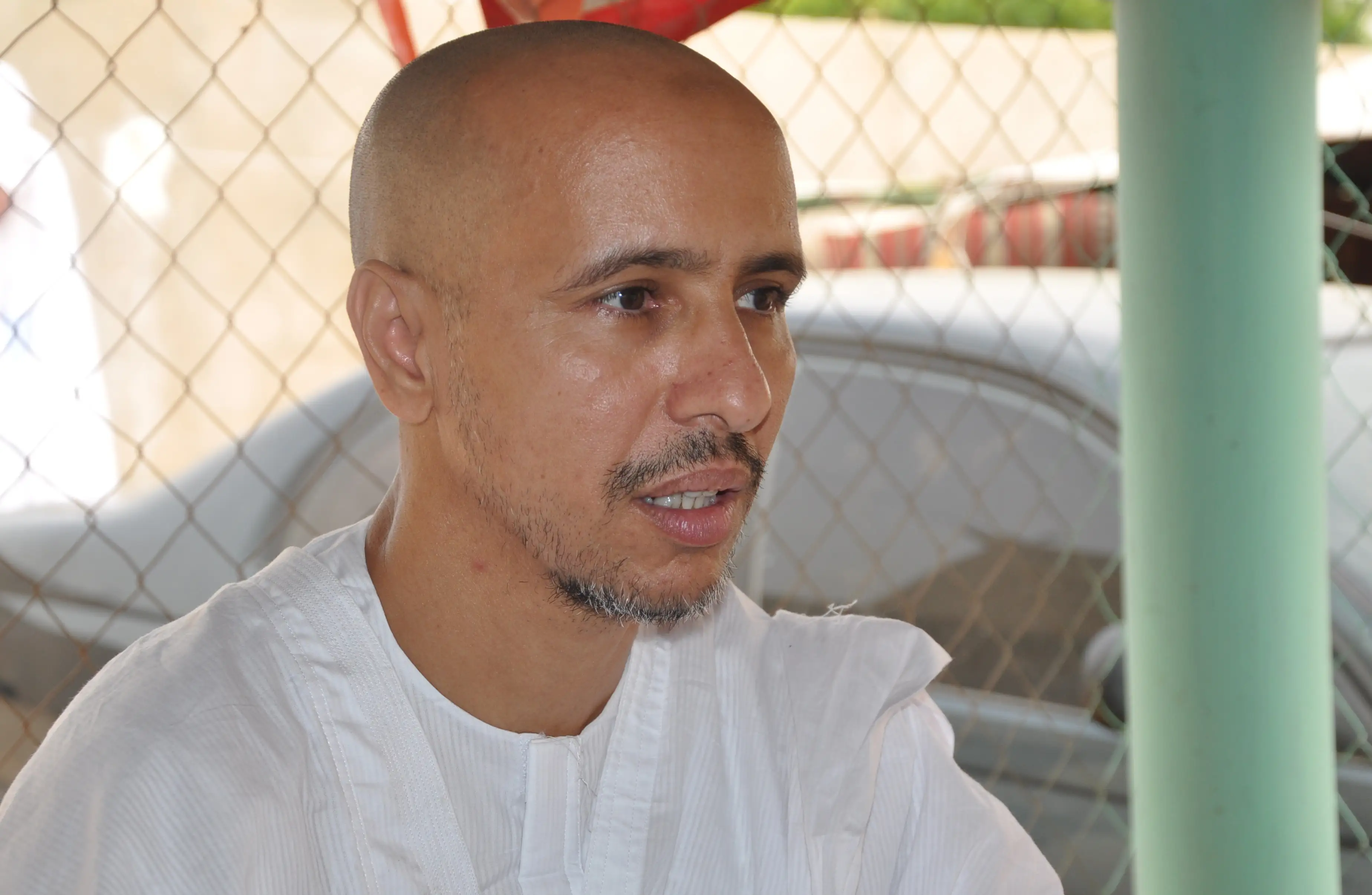
If Slahi’s NYT best-selling memoir ‘Guantanamo Diary’ tells us about the injustice an innocent victim experiences, the Die Zeit feature unwraps the damage done to the torturer.
The ensuing trail of destruction in all sides illustrates why human rights – including digital human rights – require constant and fierce defence.
This story gives us the example, from start to near finish, over nearly a quarter of a century after the World Trade Centre bombing. Mindless killing and torture of innocent people in response rarely has the desired revenge effect. Psyops spin, used to cover-up the injustice and brutal behaviour, become undone as the truth comes out.
It’s a timely story as we face unknown risks from AI-weapons and the use of private digital information to target innocent victims ever more cost-efficiently.